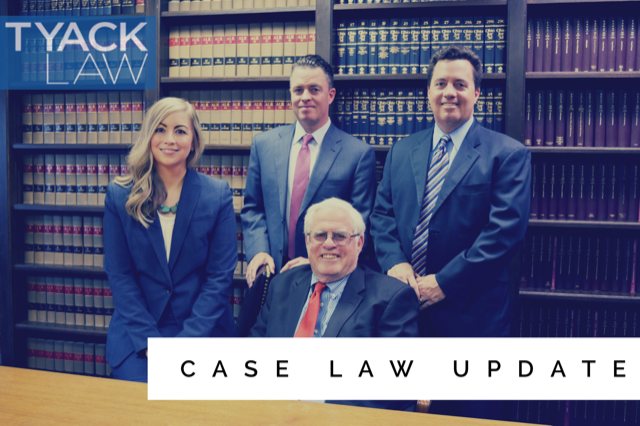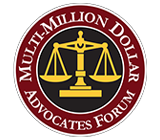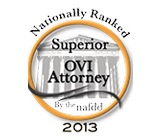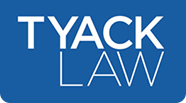
In State v. Parham, 10th Dist. Franklin No. 16AP-826, 2019-Ohio-358, the Tenth District Court of Appeals held that a statement made by defense counsel at a bond hearing could be used by the prosecution to impeach the defendant’s testimony at trial.
The defendant, Clemon D. Parham, was charged with (1) the robbery and beating death of Victim 1, and (2) the kidnapping and shooting death of Victim 2 in the Franklin County Court of Common Pleas.
Approximately fourth months after the trial court set the defendant’s appearance bond at $1.5 million, the defendant’s attorney moved for a reduction in the bond amount on the basis that the facts did not support a charge of premeditated murder. At the bond hearing, defense counsel represented to the trial court on record that, while Parham was present when the alleged robbery and beating of Victim 1 occurred—and that Parham did nothing to prevent it—he did not participate in the beating of Victim 1, which ultimately lead the Victim 1’s death.
Parham immediately fired his defense counsel after the bond hearing on the issue of bond reduction and obtained different representation.
At trial, Parham testified that he was not present when the alleged robbery and beating death of Victim 1 occurred. Over defense counsel’s objection, the state was permitted to cross-examine the defendant regarding the statement that his former attorney had made during the bond hearing on the grounds that the statement fell within the exception to hearsay contained in Evid.R. 801(D)(2) (party-opponent admission).
After hearing all the evidence, the jury found Parham guilty of the offenses arising out of the robbery and death of Victim 1; it found Parham not guilty of the offenses arising out of the kidnapping and death of Victim 2.
On appeal, defendant-appellant argued, in part, that the trial court erred when it permitted the state to place in evidence, as admissions of a party-opponent, the unauthorized and inaccurate hearsay statements made by Mr. Parham’s prior attorney during his bond hearing. In evaluating this assignment of error, the Tenth District Court of Appeals recognized that: (1) Attorneys are agents for their clients. State v. Waddy, 10th Dist. Franklin No. 15AP-397, 2016-Ohio-4911, ¶ 56; Boddie v. Van Steyn, 10th Dist. No. 13AP-623, 2014-Ohio-1069, ¶ 13; (2) under Evid.R. 801(D)(2)(d), “statements made by an attorney concerning a matter within the employment may be admissible against the party retaining the attorney.” Williams v. Union Carbide Corp., 790 F.2d 552, 555 (6th Cir. 1986) (quotations omitted); and (3) a trial court may admit pretrial statements made by counsel, which have been added to the record in the course of pretrial proceedings, under Evid.R. 801(D)(2)(d). United States v. Butler, 496 Fed. Appx. 158, 160-61 (3d Cir. 2012).
The appellate court concluded that the statement made by Parham’s former defense counsel at the bond hearing was a statement by the defendant-appellant’s agent concerning a matter within the scope of the agency and made during the existence of the agency relationship. Thus, the Tenth District Court of Appeals held that the trial court did not err in permitting the prosecution to cross-examine the defendant regarding his former defense counsel’s statement at the bond hearing.
Significantly, the appellate court recognized that, for a statement to qualify as an admission under Evid.R. 801(D)(2)(d), “the principal need not impart specific authorization to make the damaging statement; it need only authorize the agent to take action regarding the matter to which the statement relates.” Parham, 2019-Ohio-358 at ¶ 54. Parham had authorized his former defense attorney to represent him at the bond hearing and to advocate for a lower bail amount. The disputed statement—i.e., that Parham was present at the time the murder was committed—was made by Parham’s former defense attorney as a means of trying to convince the trial court to reduce Parham’s bail. Thus, because the factual statements made by Parham’s former defense attorney were within the scope of the actions authorized by Parham, the statements are exempted from the hearsay prohibition under Evid.R. 801(D)(2)(d).
The appellate court also rejected the argument that the disputed statement was protected by the attorney-client privilege.
The key takeaway here is that defense attorney must be extremely careful when making representations to the prosecutors and/or the court regarding their client’s conduct in pretrial proceedings such as bond hearings.
Talk with an experienced lawyer today.
Fill out the form below to get started with your case evaluation.
"*" indicates required fields















